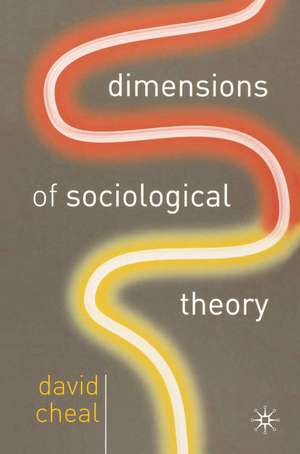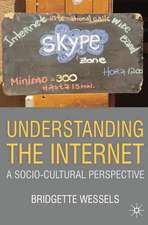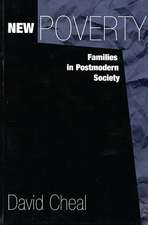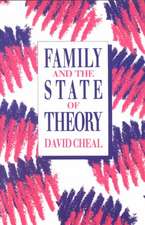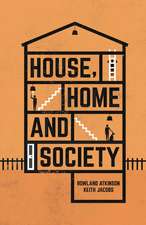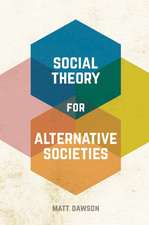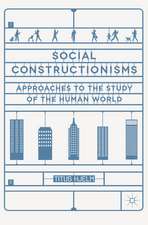Dimensions of Sociological Theory
Autor David Chealen Limba Engleză Paperback – 20 ian 2005
Preț: 263.27 lei
Nou
Puncte Express: 395
Preț estimativ în valută:
50.39€ • 54.76$ • 42.36£
50.39€ • 54.76$ • 42.36£
Carte tipărită la comandă
Livrare economică 21 aprilie-05 mai
Preluare comenzi: 021 569.72.76
Specificații
ISBN-13: 9781403943064
ISBN-10: 1403943060
Pagini: 208
Ilustrații: black & white illustrations
Dimensiuni: 155 x 235 x 13 mm
Greutate: 0.32 kg
Ediția:2005
Editura: Bloomsbury Publishing
Colecția Red Globe Press
Locul publicării:London, United Kingdom
ISBN-10: 1403943060
Pagini: 208
Ilustrații: black & white illustrations
Dimensiuni: 155 x 235 x 13 mm
Greutate: 0.32 kg
Ediția:2005
Editura: Bloomsbury Publishing
Colecția Red Globe Press
Locul publicării:London, United Kingdom
Caracteristici
Provides a thorough overview for students taking their first course on sociological theory
Notă biografică
DAVID CHEAL is Professor of Sociology in the Department of Sociology at the University of Winnipeg, Canada. His research interests, in addition to Sociological Theory, include the Sociology of Family. Publications include Family and the State of Theory, and Sociology of Family Life.
Cuprins
Preface Introduction Dimension One: Units of Analysis The Individual vs Social Facts Interaction and the Return of Reductionism Dimension Two: Modes of Explanation Explaining Social Life Dimension Three: Key Factors Key Factors of Social Evolution Dimension Four: Sociological Knowledge Sociology and Ideology Dimension Five: Structure and Agency Social Structure and Its Alternatives New Ideas on Structure and Agency Conclusion References.
